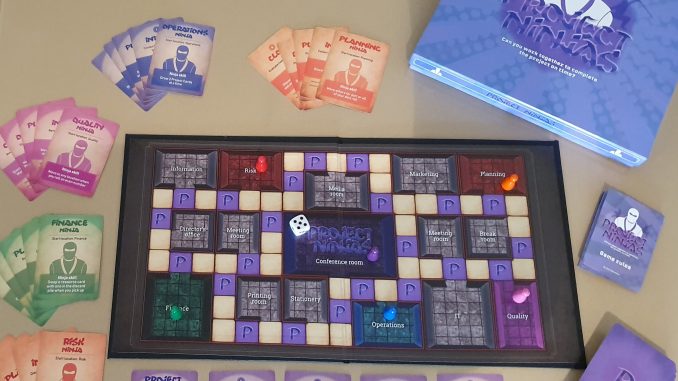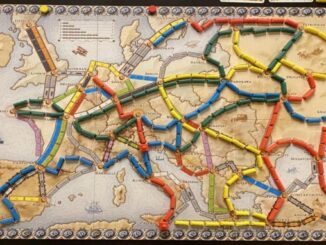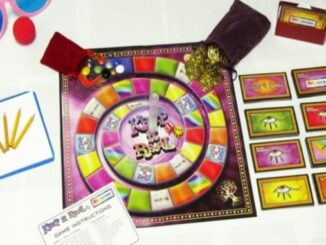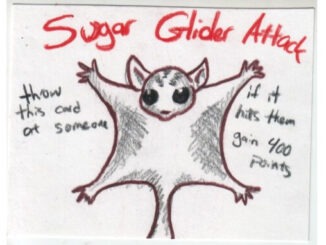
Scavenger hunts, blindfold exercises, tower building… are you familiar with any of these workplace team building activities? These are examples of how organisations might try to encourage collaboration and team-building skills in a learning environment. But how effective are they embedding behaviours in the workplace, do they help at all?
One of the best ways of learning for behavior change is through a simulated experience. These simulations create a practical context in which learners can practice repeatedly in a controlled environment.
Why are simulated environments key to learning new behaviours?
- They provide a safe space to make mistakes and learn from them.
- They provide the means for learners to immerse themselves in situations by performing tasks that resemble actual job activities.
- Learners can experiment with new ways to deal with the same solution.
Let’s take an example of simulating team work in a newly assembled project team. There are many new behaviours that need to be learned for a new project team to be successful, such as the need to develop an emotional bond between the team members, understand each other’s strengths and weaknesses, and how to help each other in times of need. There are also behaviors that might need adapting or improving, such as how to collaborate and communicate with each other effectively, how to manage time effectively, and how to prioritise when balancing several tasks.
Board games are a great way to create a simulated experience in the workplace. Project Ninjas is a good example of a collaborative board game that aims to achieve behavioural change through a simulated experience. It provides a practical context of working on a project team with time pressures and challenges. The original Project Ninjas board game is based around a traditional project management methodology with four phases: Initiate, Plan, Deliver, and Close. The team must collaborate to complete all the tasks and they win if they complete the project on time. The Agile Ninjas expansion provides a similar experience, but simulates agile project methodology in a practical context. This is great for project teams beginning to use Agile processes.
It’s really important that after running a simulation, you debrief with the group on their experience. If the simulation is a game or a fun experience, they might get carried away with it and forget what the purpose is. Give each individual time for self-reflection on their own behaviours so they can come up with key actions for what they need to change going forward. For example, someone might need to adapt their communication behaviour on a project because someone on the project team doesn’t like email and can be slow to respond, instead preferring more verbal ways of communication. These key actions should come out of the team reflection and/or the individual’s self-reflection.
- How board games can achieve behaviour change in the workplace - 17th February 2020





Tania, thanks for bringing back examples such as the original Project Ninjas board game and the Agile Ninjas expansion as useful simulations within serious board games.
I loved playing Project Ninjas when you showed it to me last year. I really like the idea that you have started developing expansions too. I’m really interested in how you found that process. What are the challenges with creating additions which work seamlessly with an existing design, or did you know you be developing expansions when you created the original game?